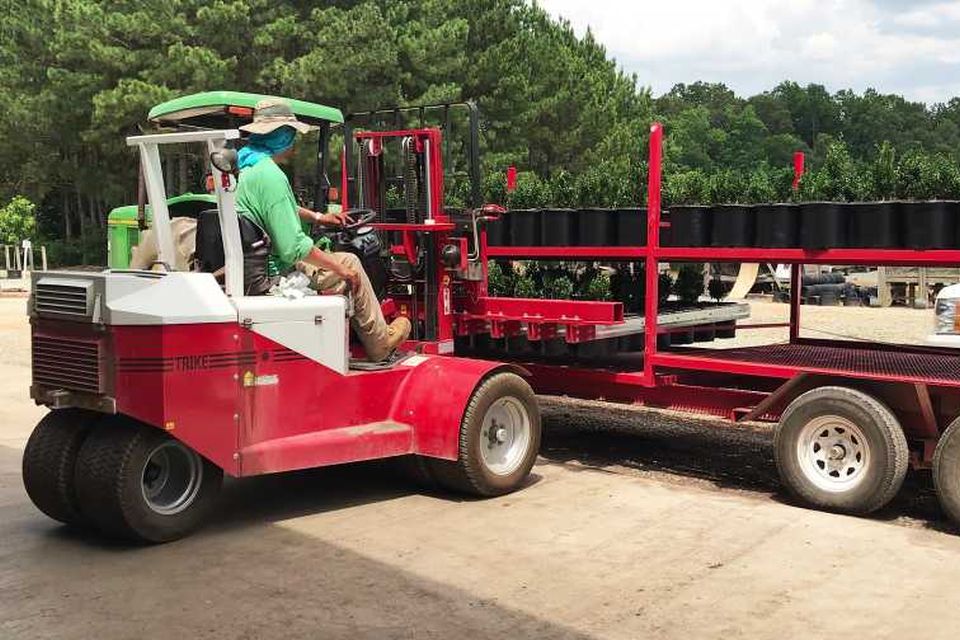AmericanHort and the National Federation of Independent Business are offering paths for growers to comment on, respectively, the Adverse Effect Wage Rate and water use.
AmericanHort remains steadfast in advocating for the green industry’s labor needs, focusing on addressing the Adverse Effect Wage Rate (AEWR) challenges.
“The AEWR, a critical component of the H-2A agricultural visa program, has seen unsustainable increases, putting significant financial strain on growers nationwide. Until we can work with Congress to pass a permanent, long-term solution, an AEWR freeze in the FY26 Appropriations Bill would provide some near-term relief,” the AmericanHort team said in a recent email alert.
“The escalating AEWR labor rates threaten the survival of many H-2A program users within the horticulture industry. The annual AEWR increases we’ve experienced for years will only compound the rising supply chain costs and other guest worker expenses like transportation and housing, as well as burdens from other federal regulations and fees.
Specialty crop growers, who often spend more than 40% of their cost of goods sold on labor, are the hardest hit by increasing labor rates. Please contact your congressional representative and encourage them to sign Rep. Huizenga’s (R-MI-04) letter to Chairman Aderholt (R-AL-04) and Ranking Member DeLauro (D-CT-03) of the Subcommittee on Labor, HHS & Education, encouraging them to include an H-2A wage freeze in the Fiscal Year 2026 appropriations legislation.”
Click here to learn more.
Small Businesses Push for Clarity in New Waters of the United States (WOTUS) Regulations
Determining what is considered WOTUS impacts many small businesses, from growers and ranchers to developers and construction workers. As federal agencies look to draft new regulations relating to WOTUS, the EPA and Department of the Army are requesting recommendations for future regulations.
In response, the National Federation of Independent Business (NFIB) sent a comment letter with suggestions that would protect the nation’s waters while ensuring clarity and consistency for small business landowners.
NFIB recommends that:
- Any regulation should define the extent to which wetlands are considered waters.
- Agencies give small business owners the opportunity to correct violations so that enforcement actions only occur in cases of willful, repeated violations.
- The EPA and Army should submit to Congress proposed legislation to amend the CWA to include a common sense definition of the term “navigable waters.”
- The Agencies adopt a simple rule to address what “relatively permanent” means.
- The EPA and Army explicitly exclude ditches from the CWA’s general purview.
NFIB opposed the previous Administration’s WOTUS rule, which sought to broadly expand federal jurisdiction over private property. Fill out a short survey here to highlight how WOTUS rule impacts your small business.

